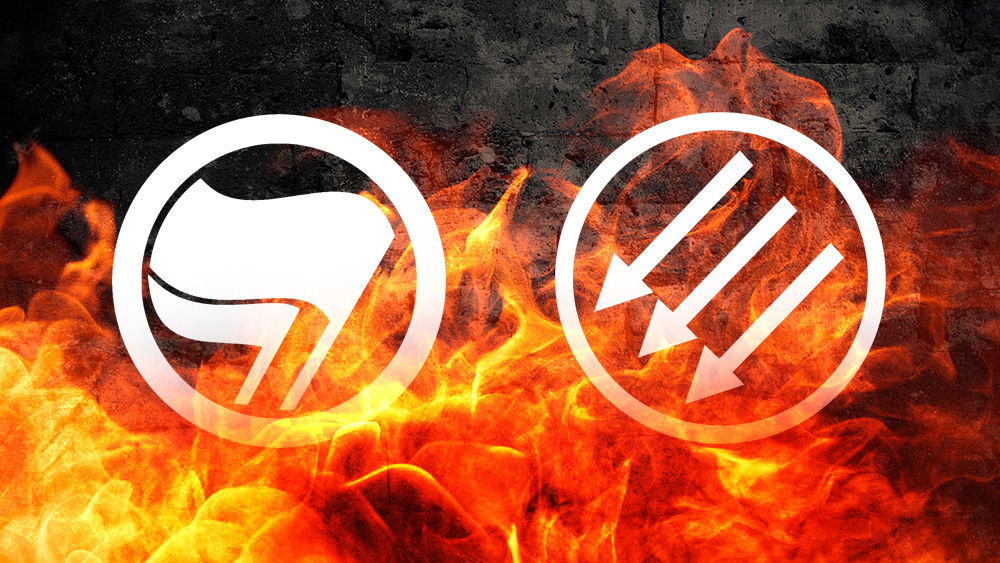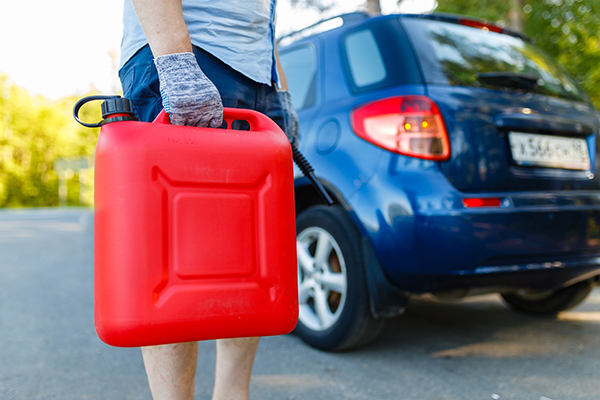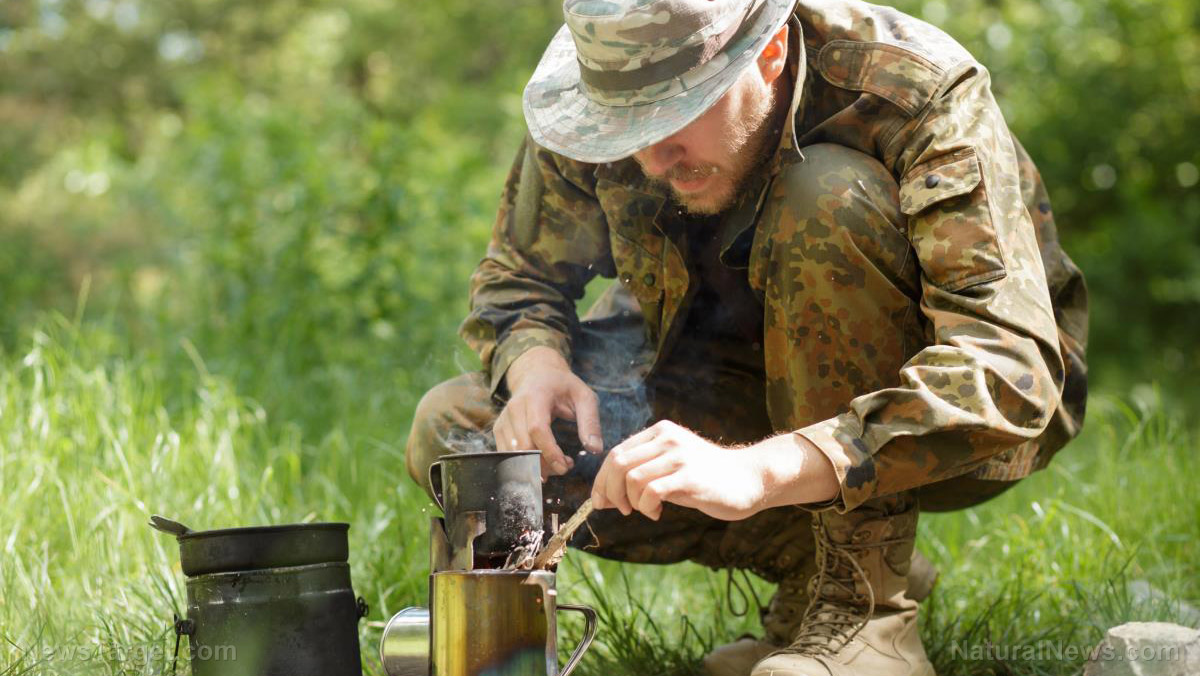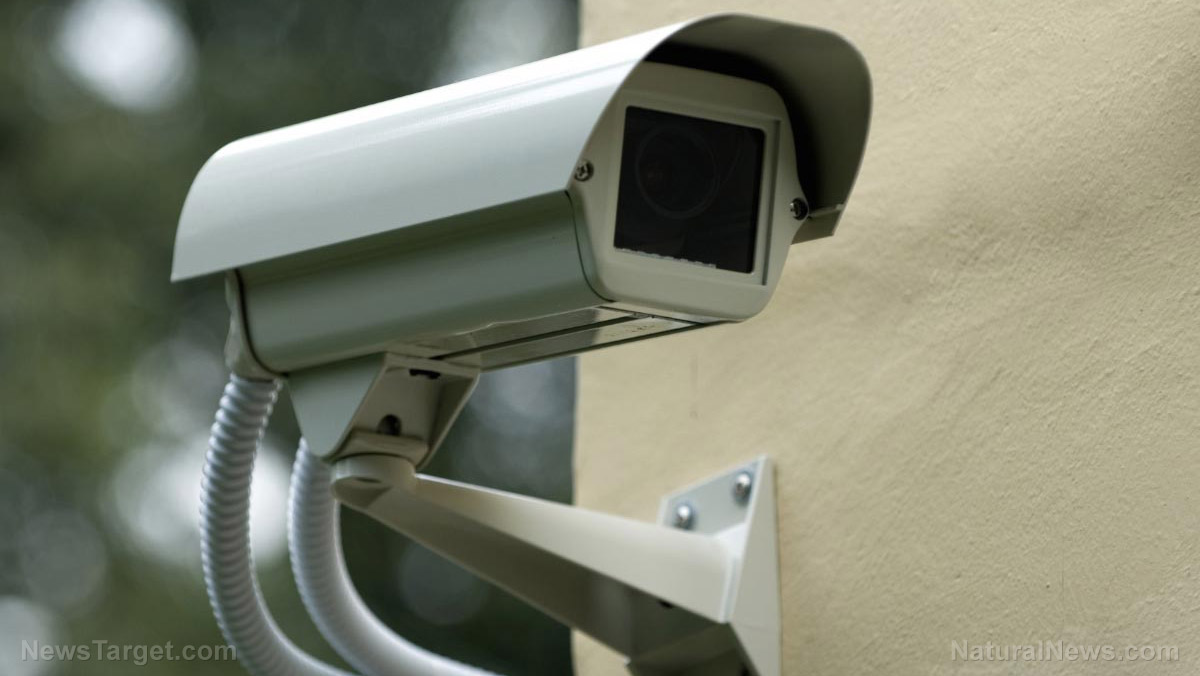Hiding in plain sight: Keep a low profile and make your bug-out location inconspicuous
06/02/2020 / By Arsenio Toledo

A great way to keep yourself away from any danger in your bug-out location is to keep a low profile. During SHTF and disaster scenarios, it is a good idea to avoid creating any more problems for yourself. Here are three strategies that you should incorporate into your prepping when keeping a low profile in your bug-out location.
Make your bug-out location inconspicuous
To make sure your bug-out location is hidden, keep it as far away as you can from major population centers, while still being close enough that you can possibly hike there during a disaster. Make sure the area that you choose for your bug-out location can easily be secured and concealed from people who may randomly wander close to it. Try to use camouflage to hide both your bug-out location and your bug-out vehicle. (Related: The best bug-out locations for preppers in the Eastern U.S.)
Don’t forget that people might also be able to track you down through smell. Ask yourself how far the smoke and the scent of your cooking can travel. If it can reach close to nearby population centers or hiking paths, consider using ways to keep the fumes from leaving your bug-out location, such as a fume extractor.
Practice “silent submarine” discipline
Keeping your bug-out location practically invisible and keeping the amount of fumes exiting your safehouse to a minimum are two great strategies for lying low. However, don’t forget that people might also be able to hear what’s going on in your bug-out location. To minimize the noise, you can turn to a tactic that submarines use, known as silent running.
When submarines want to remain undetected while they are underwater, they conduct what is known as silent running. The goal of this tactic is to eliminate all unnecessary noise in the sub. This means shutting down most machinery, keeping the men in the vessel completely still and keeping all chatter to a minimum.
This kind of practice can be transferred to how you conduct yourself in your bug-out location. If you have a generator, limit its use to hours when people are less likely to be around. The use of any loud appliances should also be limited. If your bug-out vehicle has a rather loud exhaust, consider installing a muffler.
Store your bug-out vehicle supplies in an easily accessible place
For an easy getaway, your bug-out location requires a garage or a similarly hidden area where you can keep your bug-out vehicle. While the chances of you getting attacked or otherwise discovered in your bug-out location should be low if you follow the necessary precautions, such as the two listed above, having a bug-out vehicle ready to get out of Dodge at a moment’s notice is always a good idea.
To help you quickly load your gear into your bug-out vehicle, it’s a good idea to make some space in your garage or close to it where you can either hang up your supplies or keep them in boxes ready to be loaded into your vehicle at a moment’s notice.
To be able to quickly and efficiently egress from your bug-out location, practice gearing up and loading your bug-out vehicle. Make sure to time yourself when practicing, so that you can track your progress.
Choosing a bug-out location, bugging out to it and quickly evacuating the location in case of an emergency are all difficult tasks. For more information on the best practices you should follow when bugging out, read up on the informative articles at BugOut.news.
Sources include:
Tagged Under: bug out, bug out vehicle, bug-out location, camouflage, chaos, fume extractor, low profile, off grid, preparedness, prepper, prepping, SHTF, silent running, Stealth, survival, survivalist
RECENT NEWS & ARTICLES
COPYRIGHT © 2017 DISASTER NEWS



















